Risk of recession predicted in Uzbekistan
Within the framework of the second Tashkent International Investment Forum, a round table was held on the topic “Recession: myth or reality”. During the event, experts from international financial organizations told what problems the economy of Uzbekistan might face.
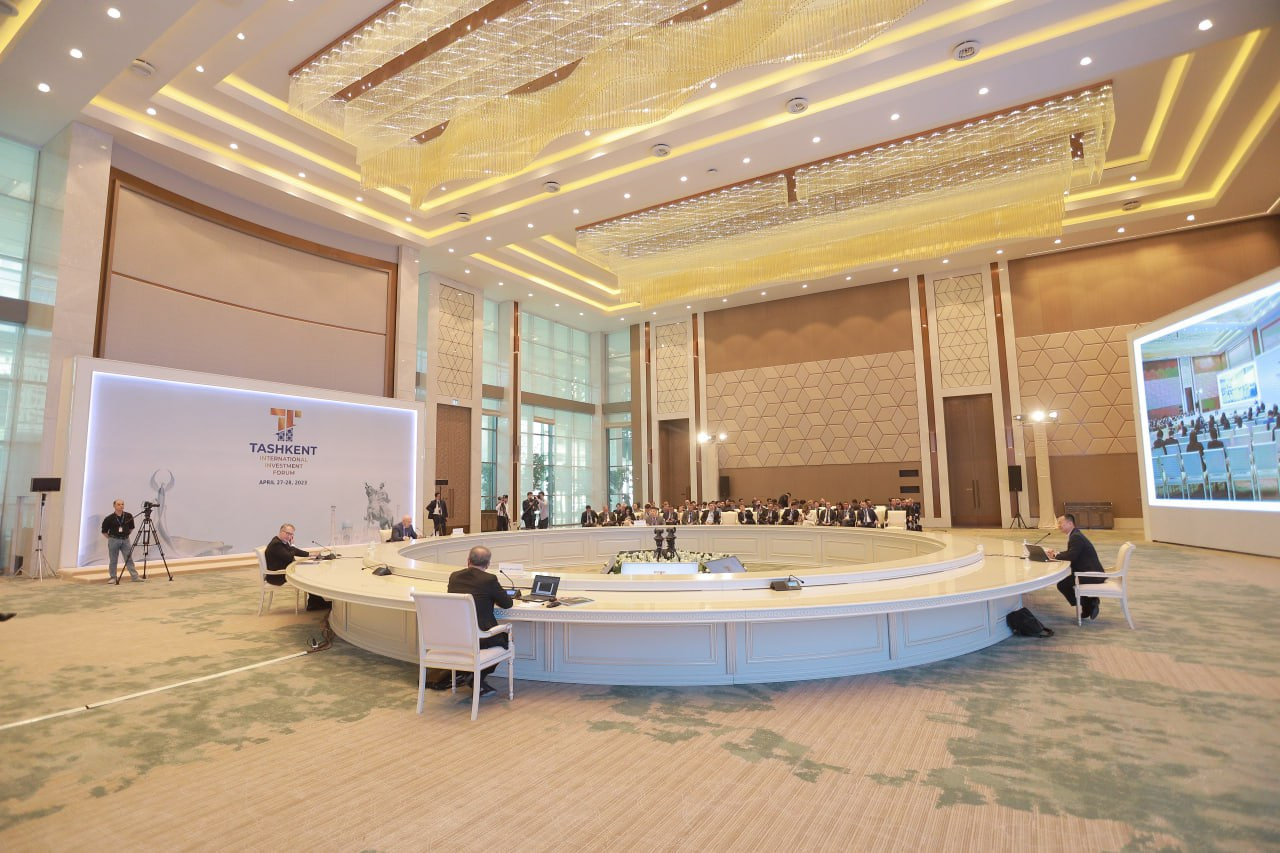
Photo: miit.uz
The round table was moderated by Trace Capital Holdings Managing Director Timothy Yun.
He stressed that reforms are being carried out in Uzbekistan, the process of digitalization and automation is underway, and the position of banks is strengthening. At the same time, the topic of recession is especially relevant against the background of the fact that the world economy is experiencing a significant increase in interest rates, a sharp jump in inflation and price volatility in commodity markets. Many countries have faced unexpected costs during the COVID-19 pandemic, the economy is being affected by reduced food supplies amid isolated local conflicts, the disruption of global supply chains and continued de-globalization processes, and many other factors.
At the same time, the countries of Central Asia may have their own development scenario. Experts from international financial organizations expressed their opinions.
“For the current year, we can say that there are more risks. The world community is faced with a number of serious problems. In particular, inflation in the US increased due to the late tightening of monetary policy. In addition, China was affected by the pandemic and quarantine, and Europe failed to switch to renewable energy,” said Marco Mantovanelli, WB Resident Representative in Uzbekistan.
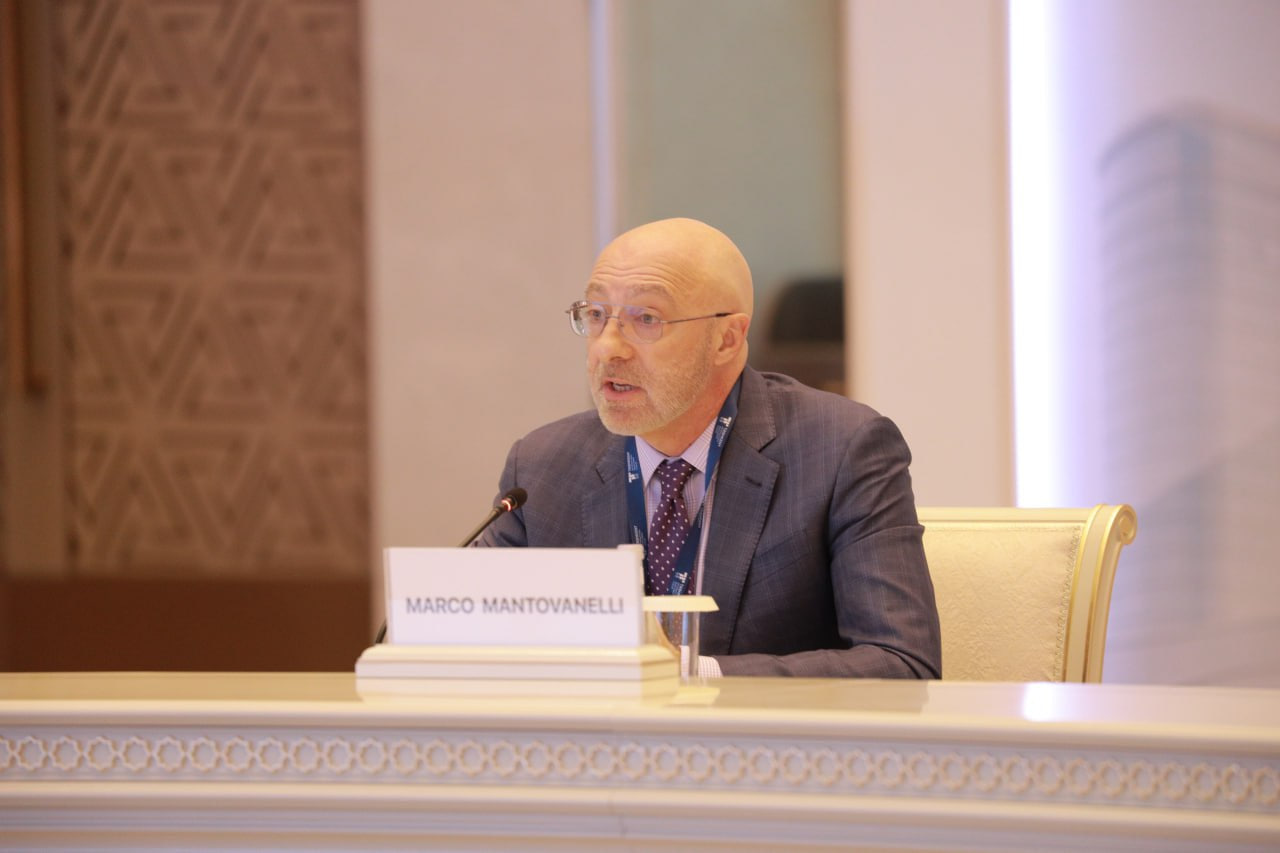
The expert noted that economists’ forecasts are based on the situation in the world. Their assessments are influenced by indicators of inflation, stability or, conversely, destabilization. He is confident that the financial sector will experience stress in the future. Forecasts for the real economy may worsen.
In addition, government debt obligations play a role. The unstable situation in the world can affect prices in the world. The main inflation, which does not take into account food products and the energy sector, will remain at a stable level, the specialist believes.
“Productivity and attraction of investments, including for climate change, liberalization of supplies, employment of the population, especially women, which we heard about in the speech of the President of Uzbekistan, can change the situation in the country's economy,” the expert believes.
He noted that the Central Asian market is waiting for the flattening of the growth curve in relation to inflation, commodity prices may rise.
“Risks are related to the international environment. Uzbekistan is a young country, these are new personnel who need to be employed in the future. The economy must create new jobs, and they can be organized at the expense of the private sector,” Marco Mantovanelli said.
iKapitalist CEO Nurbek Rayev said that Kazakhstan’s trade-economic relations were also affected by the situation in the world, in particular, military conflicts in some countries. These trials and challenges are also familiar to Uzbekistan. For Kazakhstan and Uzbekistan, there is potential for developing cooperation, including in terms of increasing investment. The two countries have natural resources, human capital - something that can help with a recession.
“Uzbekistan is restoring all indicators based on many factors. Various kinds of changes are taking place. The export of commodities is supported. However, concerns about prices remain, this is due to the unstable situation in the global market. International reserves allow countries to secure stability, including maintaining a stable exchange rate, as well as inflows from various sectors of the economy. We see the activity of the private sector revived.
Many investors come from the Middle East. The country is becoming more open. Economic resilience is growing. There is a possibility of shocks and upheavals, rising prices, but at the same time, the public sector is holding back inflationary factors influencing the economy. In addition, the WB and ADB have provided support in financing the budget in targeted areas over the past years,” Enrico Pinali, head of the Permanent Mission of the Asian Development Bank (ADB) in Uzbekistan, said.
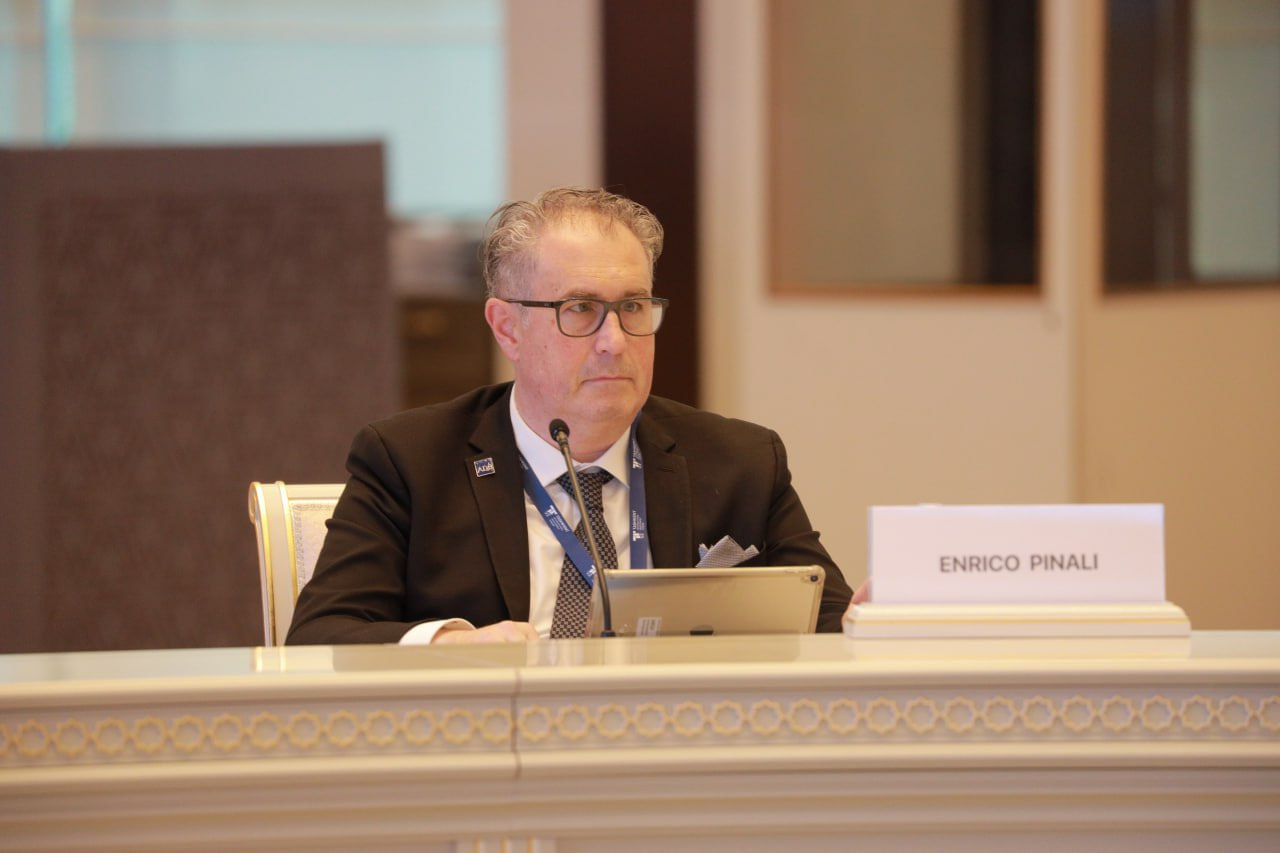
The ADB representative also spoke about the demographic situation in the country and stressed that there are many opportunities for development.
He said that investment needs to be more targeted, giving priority to education. It is also important to introduce modern technologies into educational institutions and to provide basic training in engineering from the very beginning. According to Pinali, Uzbekistan needs to invest more in the education of the younger generation.
The expert also predicts that there is a risk of recession in Uzbekistan, but there are encouraging factors that could lead to economic growth. Much will depend on the immediate response to emerging problems, investment in technology and education, the expert believes.
“Every risk is an opportunity. They are what drives us to change. Even crises lead to the fact that the situation will continue to improve. The country has the potential for the domestic capital market,” the expert believes.
First Deputy Director General of the Strategic Reforms Agency Abdulla Abdukadirov agreed with the speakers and noted that the country is taking measures to support the economy.
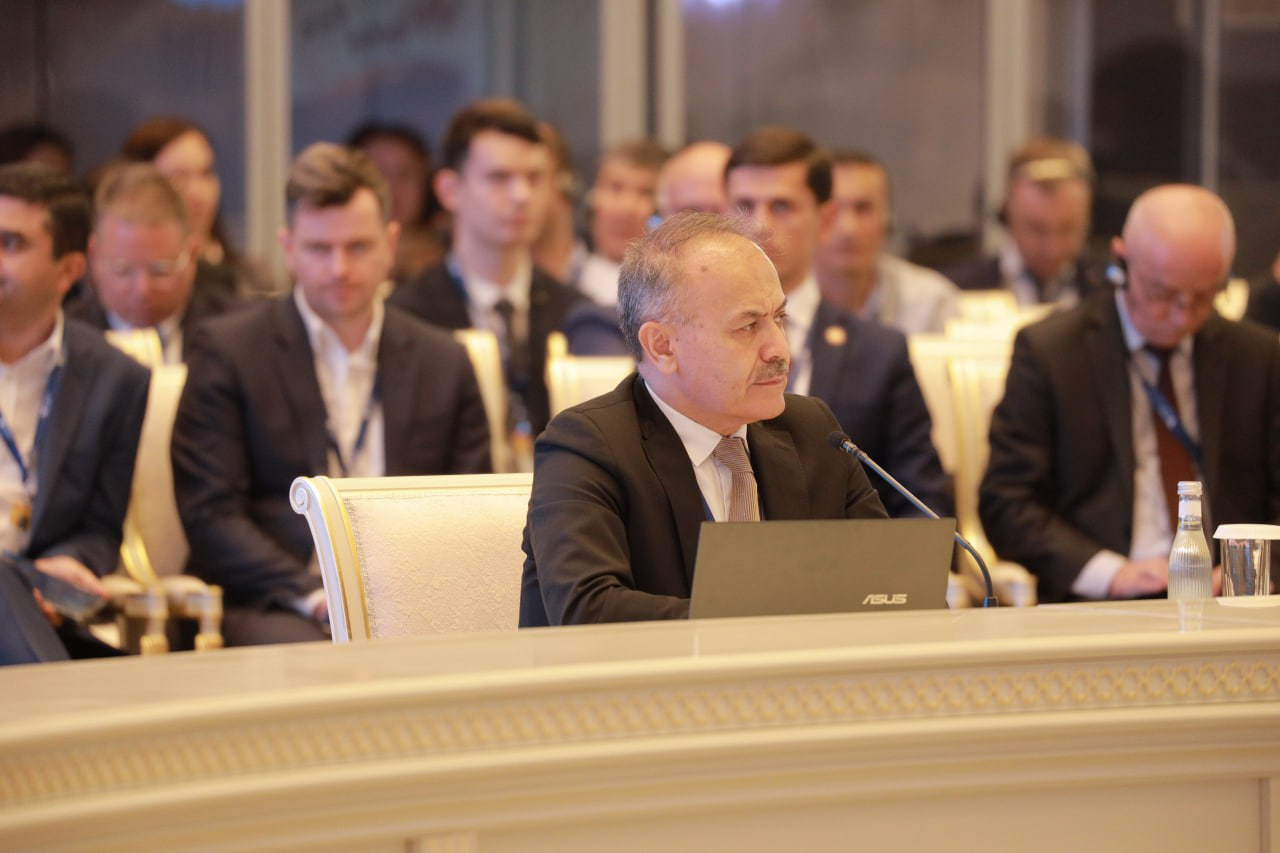
“The total inflow of foreign investment capital has reached $10 billion, as the president noted in his speech. Yes, export routes are limited, but if we look at the major shipping routes, the spending rates are about the same as in 2020. That is, the situation is stabilizing. If you look at Uzbekistan's inflation figures, we were able to keep it at the level of 12 percent a year. The devaluation of the currency was not so sharp, we kept the sum at a stable level. The growth of external debt grew, but it stopped and is gradually declining, since its main repayment has begun,” he said.
The specialist noted that the government of Uzbekistan is pursuing a balanced fiscal policy, the refinancing rate is higher than the inflation rate.
“As the president said, we are aimed at reducing state budget expenditures. We open up serious opportunities for the development of small businesses. Privatization, digitalization and technological renewal are among the priorities that are planned to be paid attention to and which can help overcome the recession,” Abdulla Abdukadirov said.
In addition, he stressed that Shavkat Mirziyoyev, in his speech at the opening of TIIF-2023, noted that in Uzbekistan, state shares in 1 thousand enterprises and another 1 thousand state-owned objects, 40 enterprises of strategic importance for the economy will be put up for IPO.
“This will create new conditions for the development of the economic sector,” the Deputy Director General of the Strategic Reforms Agency concluded.
Related News
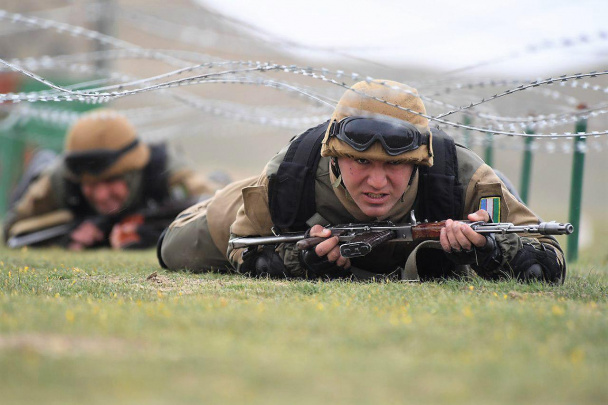
16:30 / 14.11.2025
Military service in Uzbekistan
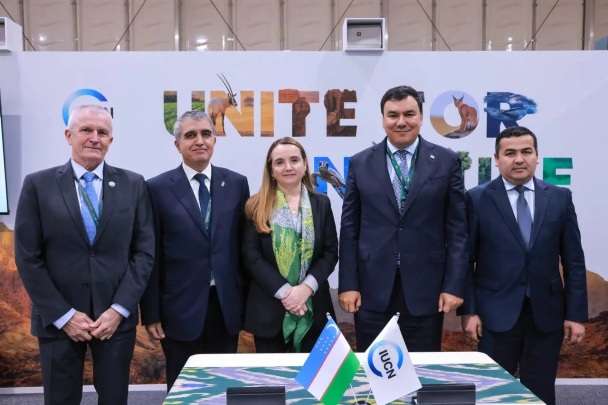
17:37 / 03.12.2024
IUCN Representative Office in Uzbekistan officially begins operations

20:54 / 14.09.2024
Uzbekistan improves its position in global cybersecurity index
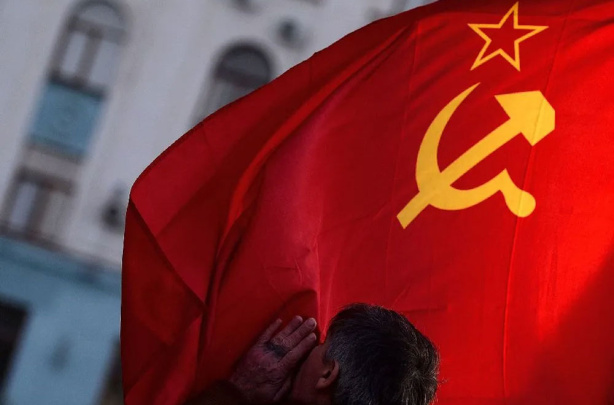
18:49 / 03.09.2024



